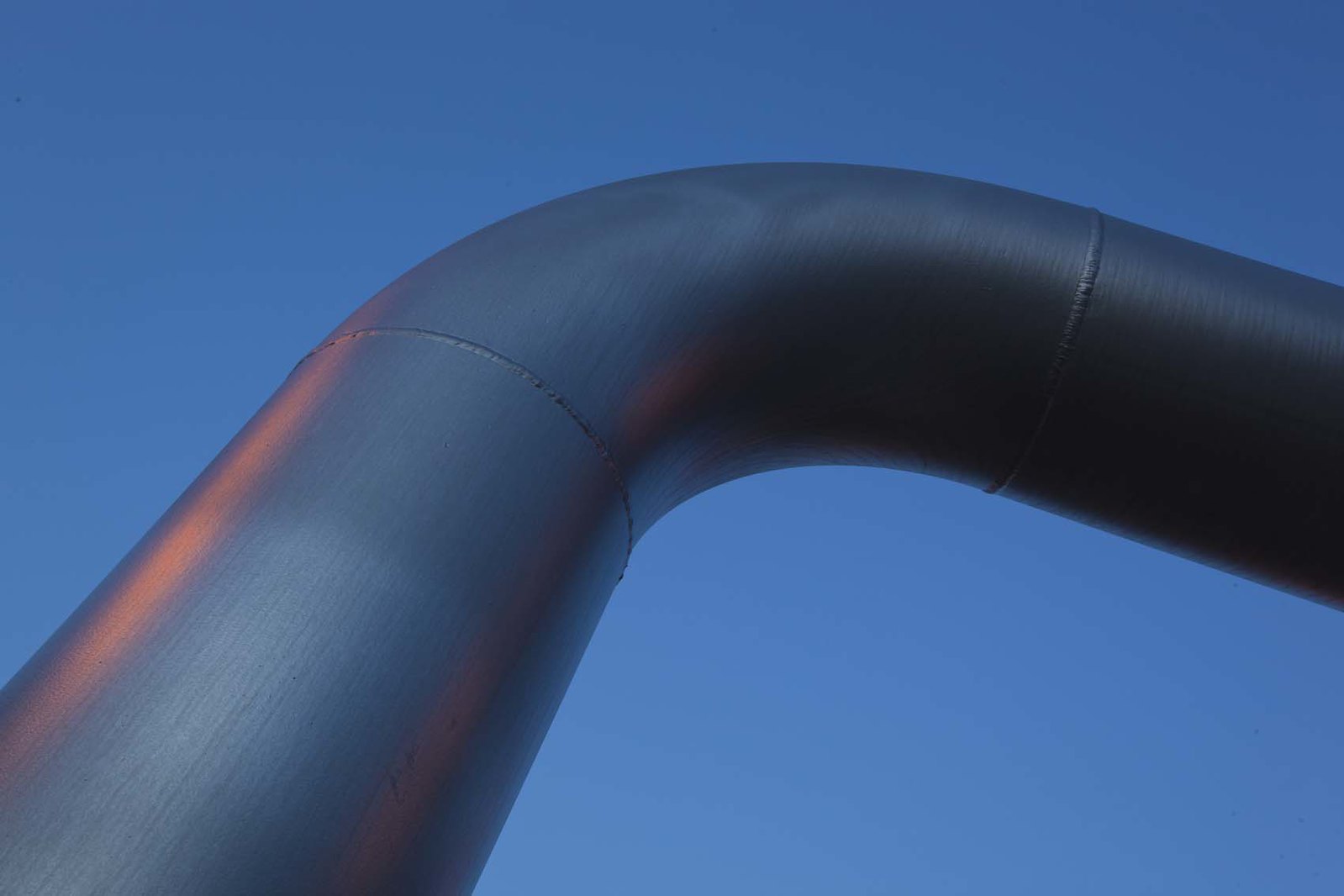Because natural gas prices in Europe are suddenly plummeting. Report Nyt

The combination of full storage, lower demand and mild weather, among other factors, has eased fears of a surge in heating and electricity prices – for now. The analysis of the New York Times
The war in Ukraine is raging, Russian exports of natural gas to Europe are dwindling and the winter heating season is approaching. It would seem a recipe for rising prices, yet the cost of fuel, vital for heating homes and powering power plants and industry, has plummeted, writes the NYT .
This week, the European reference price of natural gas fell more than 70% below its all-time high in August. One of the main reasons for the collapse in prices is that Europe, at least for now, has all the natural gas it needs.
This is because Europe turned to global buying over the summer when Russia, its long-time main supplier, reduced its flow of natural gas.
Across the continent, governments and businesses have been aggressively replenishing the amount of gas they hold in storage. At high cost and urging from EU officials, energy companies and governments filled underground caves and other structures to over 90 percent capacity, up from less than 80 percent a year ago.
Companies that sell natural gas, driven by high prices, have flooded the European market. Special vessels carrying huge quantities of liquefied natural gas, or LNG, have rushed to Europe from the United States, Qatar and other countries (including Russia) that produce large quantities of gas.
The rush to sell to Europe has been so great that ships now roam off the coast waiting for slots at crowded terminals to unload their cargoes. An illustration of excess gas: In recent days, at least one LNG ship bound for Algeria to Europe appears to have diverted to Asia in search of a better price, according to Laura Page, an analyst at research firm Kpler.
Good gas stocks in Europe represent a substantial reserve against further Russian supply disruptions or other shocks.
"We have storage levels that until a few months ago could only be dreamed of," said Massimo Di Odoardo, vice president of gas research at Wood Mackenzie, a consulting firm. At the same time, the demand for natural gas, which serves as the main source of energy to generate the electricity that Europe consumes, has fallen sharply, another factor that has brought prices down. The warmer-than-usual early autumn in many parts of Europe meant that residents didn't need to use much, if not use, heat.
But analysts warn that the recent drop in gas prices could be transient: the natural gas that will be delivered to Europe this winter is already being sold on futures markets at a significant premium over the current price. The unusually large price swings that have occurred in recent months with Russia's restriction of gas supplies are likely to continue.
Gas prices in Europe remain historically high, even after the recent decline, and are trading at double the level reached during this period a year ago and even higher than long-term averages.
As a result, many energy-intensive companies, such as aluminum smelters, steel mills and fertilizer plants, have closed at least temporarily. In Italy, a large consumer of gas, the demand for this fuel in August and September decreased by about 10% compared to the same months of the previous year.
According to analysts, the threat of regulation has also weighed on the markets. According to analysts, the recent agreement by the European Union to impose a ceiling on gas prices, although still lacking in details, is likely lowering prices.
But in the short term, the lower prices could cause some kind of pain, according to Henning Gloystein, director of Eurasia Group, a political risk firm.
European utilities, which buy gas to generate electricity and sell it to customers, have already suffered losses due to the Russian gas outage and may have ordered expensive LNG to make up for shortages. Now, due to lower than expected demand, they may get stuck with fuel. "This could force some utilities to sell their expensive cargoes at much lower prices elsewhere, possibly causing major tax damage," Gloystein said.
Falling gas prices could also weaken the incentive to develop more expensive clean fuels such as hydrogen . Furthermore, it could hold back the reorganization of commodity markets to break the link between electricity and natural gas, although some analysts argue that this is inevitable.
"Things are changing and I believe there is widespread acceptance of the need for change," said Martin Young, an analyst at Investec, a London-based investment bank.
Experts say it's too early to be calm about the prospects for cheaper gas as markets are reacting to circumstances that may not last. Natural gas futures prices to be delivered in January and February 2023 are 40% higher than in November.
Prices could be tested if Russia cuts off the remaining gas flows to Europe via Ukraine or if there is a sabotage of energy infrastructure, such as the unexplained ruptures of the Nord Stream gas pipelines from Russia to Germany.
Then there is time. "The test bed will come when there is the first cold wave and the storage starts to empty," said Jonathan Stern, founder of the gas program at the Oxford Institute for Energy Studies. “We will see how the market reacts”.
(Extract from the foreign press review by Epr Comunicazione)
This is a machine translation from Italian language of a post published on Start Magazine at the URL https://www.startmag.it/energia/perche-i-prezzi-del-gas-naturale-in-europa-stanno-improvvisamente-crollando-report-nyt/ on Sat, 29 Oct 2022 06:11:59 +0000.
